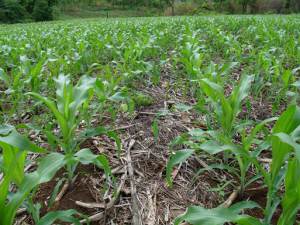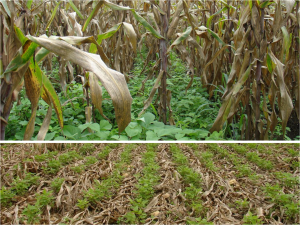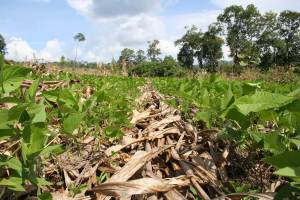Research-development on Conservation Agriculture
Conservation Agriculture
"Conservation Agriculture is a concept for resource-saving agricultural crop production that strives to achieve acceptable profits together with high and sustained production levels while concurrently conserving the environment" (FAO 2007)
In response to growing concerns about the environmental impacts of intensive monocropping, herbicide application and the deep tilling of soils, the concept of Conservation Agriculture has gained increased public attention. It is based on the three principles of:
Minimum mechanical soil disturbance
Maintenance of a permanent organic soil cover
Establishment of crop rotations
These practices have shown positive impacts on weed and soil erosion control, maintenance of soil physical, biological and chemical properties, conservation of soil moisture and the enhancement of agro-biodiversity
Direct seeding mulch-based cropping (DMC) systems
DMC systems constitute relatively elementary forms of Conservation Agriculture and are often proposed as a first step towards genuine agroecological systems. Three main systems have been developed, experimented and disseminated in the study areas:
Maize monocropping with residue management: A simple no-till system with conservation of the residues of the previous season |



